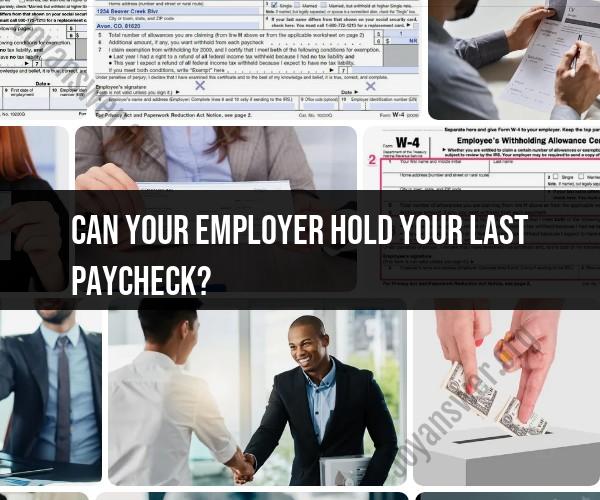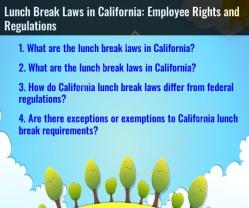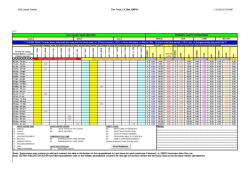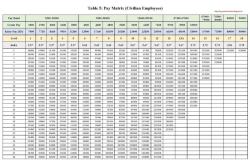Can your employer hold your last paycheck?
In many jurisdictions, employers are not allowed to withhold an employee's last paycheck without a legally valid reason. However, the specific rules and regulations regarding the release of the final paycheck can vary depending on the laws in your region. Here's a detailed overview:
Legal Requirements: In most countries, states, and local jurisdictions, there are legal requirements governing the payment of an employee's final paycheck. These laws typically specify when the final paycheck must be issued after employment termination.
Timing of Final Paycheck: The timing for releasing the final paycheck varies. In some places, it must be given immediately upon termination, while in others, it may be required within a certain number of days after termination. Common timeframes include the next regular payday or within a specific period, such as 72 hours after termination.
Reasons for Withholding: Employers generally cannot withhold a final paycheck without a valid reason. Valid reasons may include deductions for taxes, legally mandated withholdings (like child support or garnishments), or repayment of a debt owed to the employer (if authorized by the employee).
Termination for Cause: If an employee is terminated for cause, such as misconduct or violation of company policies, an employer may delay the final paycheck to investigate and calculate any amounts owed. However, the delay should not exceed legal limits.
Contractual Agreements: Employment contracts or collective bargaining agreements may contain specific terms regarding the timing of the final paycheck. Employers are typically expected to adhere to the terms of such agreements.
Company Policies: Some companies have policies that outline their procedures for providing final paychecks. These policies may align with legal requirements or provide additional guidance.
Direct Deposit or Check: The method of payment for the final paycheck can impact the timing. If an employer uses direct deposit, the funds may be transferred on the next scheduled payday. If physical checks are used, the check should be issued promptly according to legal requirements.
Consult Local Laws: To determine the exact rules in your jurisdiction, you should consult the labor department or employment authority in your area. They can provide information on applicable laws and regulations regarding final paychecks.
Penalties for Non-Compliance: Employers who fail to comply with legal requirements for issuing final paychecks may face penalties, fines, or legal action initiated by the affected employee.
In summary, employers are generally expected to release an employee's final paycheck promptly and in accordance with applicable laws and regulations. Withholding a final paycheck without a valid reason is typically not allowed. If you believe your final paycheck is being withheld unfairly, it is advisable to consult with a labor attorney or your local labor department for guidance and potential recourse.













